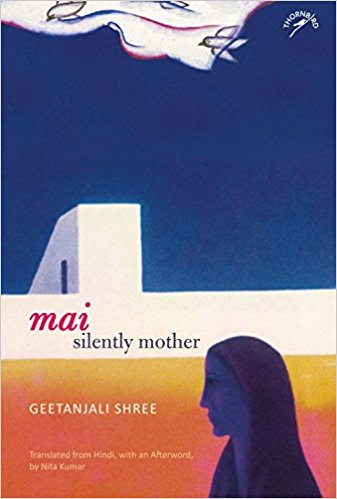Firstly, the spartan simplicity of the titlemai, (all in lower case), is an intuitively accurate choice. It has a generic resonance that touches a chord in the reader. Next, the opening line ‘We always knew that mother had a weak spine’ makes us wonder if the pun is intended. She ‘must narrate mai’, declares the daughter Sunaina, and the minute she decides to, she instantly awakens to the latent power of her frail mai. That she could ‘fill someone up like this, is a shock’, she states. Any narrative on a mother by her daughter gains credibility in proportion to the honesty that one senses in the rendering. mai bristles with all the contradictions, frustrations and exasperating compromises within family relationships. Although she is obsessively fond of her mother, Sunaina doesn’t want to be like her. ‘Mai, who was always giving, was a part of me. But had I not been fighting for my right to take, and not to give? I cannot become another mai. mai herself is a vanishing species…I will fight to death not to be another mai.’
The introspective narrative takes us closer to the psyche of Sunaina. Narrating mai was something like entering ‘a fort complete with trapdoors, mazes, cellars, secret tunnels and puzzles.’ But Sunaina and her brother Subodh had a consuming mission to somehow save the ‘passive mai’, ‘the poor thing’ from a household in which everyone beginning with the patriarch Dada disliked women. Yet he would brazenly admit visits by a mysterious, gross-looking woman that no one talked about. Dadi taunted mai as ‘a bad coin’ and Baba, mai’s husband, ridiculed her as an ‘ignorant, uneducated eggplant’ rolling on a plate, though it was mai who checked the homework of her children. All three of them had no qualms about using mai for endless cooking and housework.

